Xeikon’s “Do More with Less” program responds to printers’ current challenges
Xeikon’s “Do More with Less” program responds to printers’ current challenges
The program is designed to help users optimize their productivity
Itasca, IL – In the current market, printers are looking to redesign their production processes. They are seeking ways to reduce material waste, production time, ink/toner and electricity consumption while delivering the best quality. To address these concerns, Xeikon America Inc. has launched its inspiring “Do More with Less” program, which provides customers with tangible ideas on how to tackle those challenges.
Paul Salmon, Xeikon’s Global Customer Success Manager, says: “Because of the special times in which we live, printers face increased costs and shortage of materials. Xeikon’s Customer Success Managers across the globe are evaluating and implementing new methods and processes that have a tremendous impact on cost-effectiveness for Xeikon customers.”
The “Do More with Less” program offers a range of actions that improve all aspects of the print production workflow: it helps to reduce lead time, minimize the amount of material waste, and keep ink/toner consumption and operator efforts to a minimum.
Here are some examples:
-
VariLane, a workflow option of the X-800 digital front-end, allows printers to add labels on different lanes alongside an existing job, with the option to have labels of different sizes. This allows Xeikon users to optimize the usage of the substrate.
-
Vectorizor, a software add-on to the X-800 digital front-end, increases productivity and efficiency for label finishing. It generates the shape of “frames” to be transferred to the die-cutting device. At the same time, barcodes are printed alongside the job, sending instructions on what shape to use.
-
Xeikon Color Services can help in many ways, e.g. to reduce color setup waste by providing predictable color and by offering different quality levels, thereby reducing toner and ink consumption.
-
-Job Optimizer, an X-800 feature, reduces production time and substrate waste up to 30% for multi-variant jobs. These jobs use the same die-cut but with an unlimited amount of design variations (e.g. different flavors). With Job Optimizer, printers can organize their jobs in a way that drastically reduces their costs. This is a unique feature of the Xeikon workflow.
-
Xeikon Business Services enables users to get real-time data on performance, generated waste, etc., for their setup, with easy data collection. All the latest printing platforms launched by Xeikon are cloud-connected, featuring machine-to-machine and man-to-machine interfaces that capture the data needed to monitor performance in a worry-free manner.
Xeikon’s “Do More with Less” program will be shared with customers during a dedicated Xeikon Café TV session and at the upcoming editions of the Xeikon Café in Europe and North America. Customers can book individual meetings with Xeikon experts to discuss their specific needs. Press operators are also invited to sit with Xeikon digital specialists and subject matter experts who will train them on how to minimize waste when setting up new, alternative substrates.
“There are many ways to ensure optimized performance of Xeikon printing equipment, said Salmon. “Through close contact with our customers, we have gathered knowledge and shared it with our customers, but we also leverage it to further optimize our technology. Our “Do More with Less” program is the result of putting that knowledge into practice.”
ABOUT XEIKON
Xeikon, a division of Flint Group, is a long-standing leader and innovator in digital printing technology. Grounded in the principles of quality, flexibility and sustainability, Xeikon designs, develops and delivers web-fed digital color presses for label and packaging applications, document printing, and commercial printing. These printing machines work with different imaging technologies, open workflow software and application-specific consumables.
In 2015, Xeikon joined Flint Group to create a new “Digital Printing Solutions” division for the leading global print consumables and solution provider to the packaging and print media industries. Flint Group develops and manufactures an extensive portfolio of consumables for the printing industry. These include a vast range of conventional and energy-curable inks and coatings, press room chemicals, printing plates and equipment, printing blankets and sleeves, and pigments and additives for use in inks and other colorant applications. The Flint Group is based in Luxembourg and employs around 7900 people. On a worldwide basis, the company is the number one or number two supplier in every major market segment it serves.
For more information about Xeikon, visit www.xeikon.com and for Flint Group, visit www.flintgrp.com







